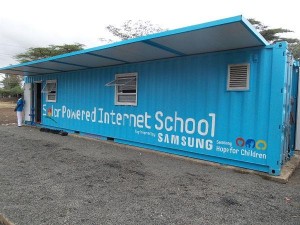2 mins read
Digital Transformation In Education Key To Stirring Growth In East Africa, Upskilling Youth And Employment

There’s an ongoing discussion about development in East
solutions that deliver on this vision, and improve the
Tags:
- digital transformation a roadmap for billion-dollar organizations
- digital transformation case study
- digital transformation consulting
- digital transformation definition
- digital transformation examples
- digital transformation in banking
- digital transformation mckinsey
- digital transformation ppt
- digital transformation strategy
- digital transformation strategy pdf
- transformation strategy definition









